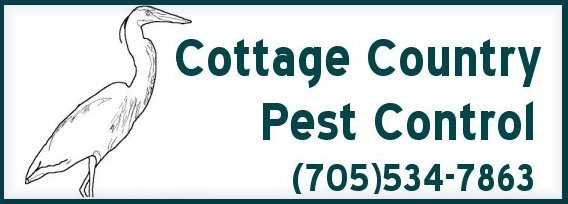On Saturday June 16, in the Toronto Star there was an article entitled "Beware a staggering squirrel in your backyard". In the article by Margaret Bream she wrote about her encounter with a squirrel in her backyard that was behaving oddly. After doing some research she discovered that the squirrel was likely suffering from Raccoon roundworm.
Raccoon roundworm is a diseased caused by the parasite Baylisascaris procyonis. Raccoons are the main host of these parasites (they live in the small intestines of the raccoons), however can be passed to other small mammals such as squirrels, groundhogs and rabbits. While the parasite doesn't kill raccoons, it is a fatal disease to the other small mammals it infects and there have been confirmed cases of the disease in humans (it can be fatal in humans as well).
Dr. Douglas Campbell, a veterinary pathologist at the Canadian Co-operative Wildlife Health Centre at the University of Guelph says "Baylisascaris procyonis is by far the most common cause of neurological disease that we see in grey squirrels".
Small mammals get infected by the parasite by digging in the scat of an infected raccoon, which they do to find seeds to eat and they eat the roundworm eggs. Once the eggs hatch and become larvae that is when they become fatal to the animal.
It is stated in the article that "If you find raccoon excrement — or a communal “latrine,” where a group
of coons regularly defecate — around your property, consider calling in a
professional wildlife service for decontamination. If you opt to do the
cleanup yourself, the Guelph wildlife centre advises that you do so
cautiously. Wear a protective mask, gloves and clothing that can be
discarded after use".
To book an appointment or if you have any questions about pests in and around your home, email or call us at 705-534-7863.

No comments:
Post a Comment